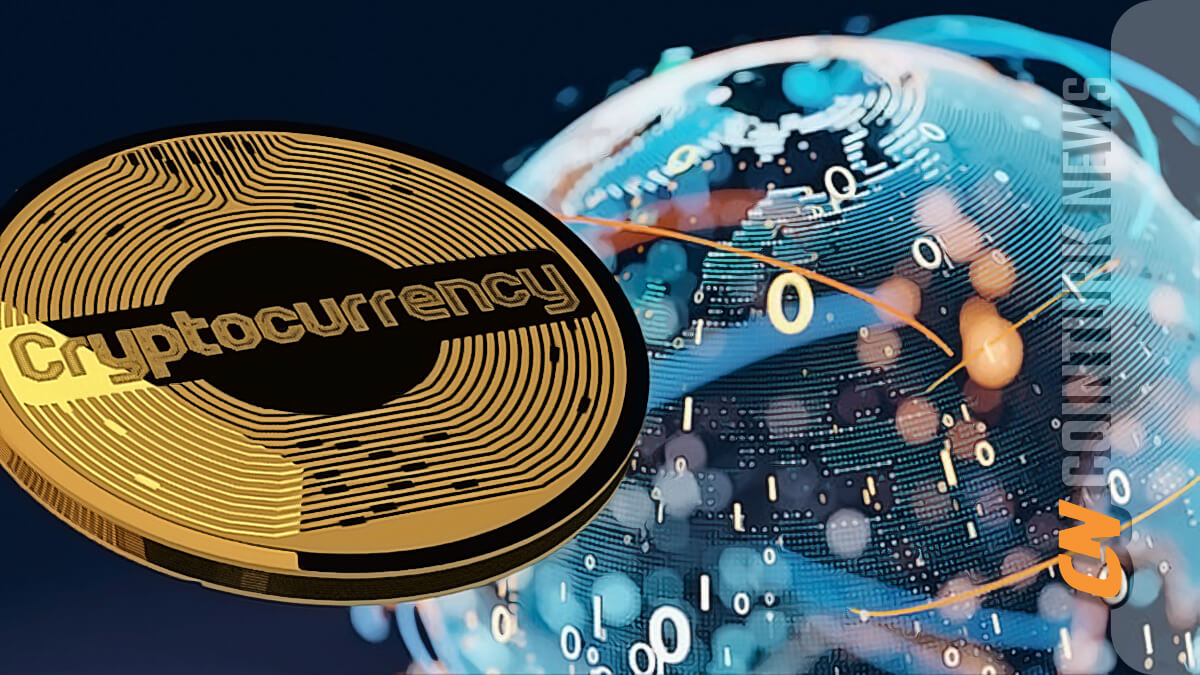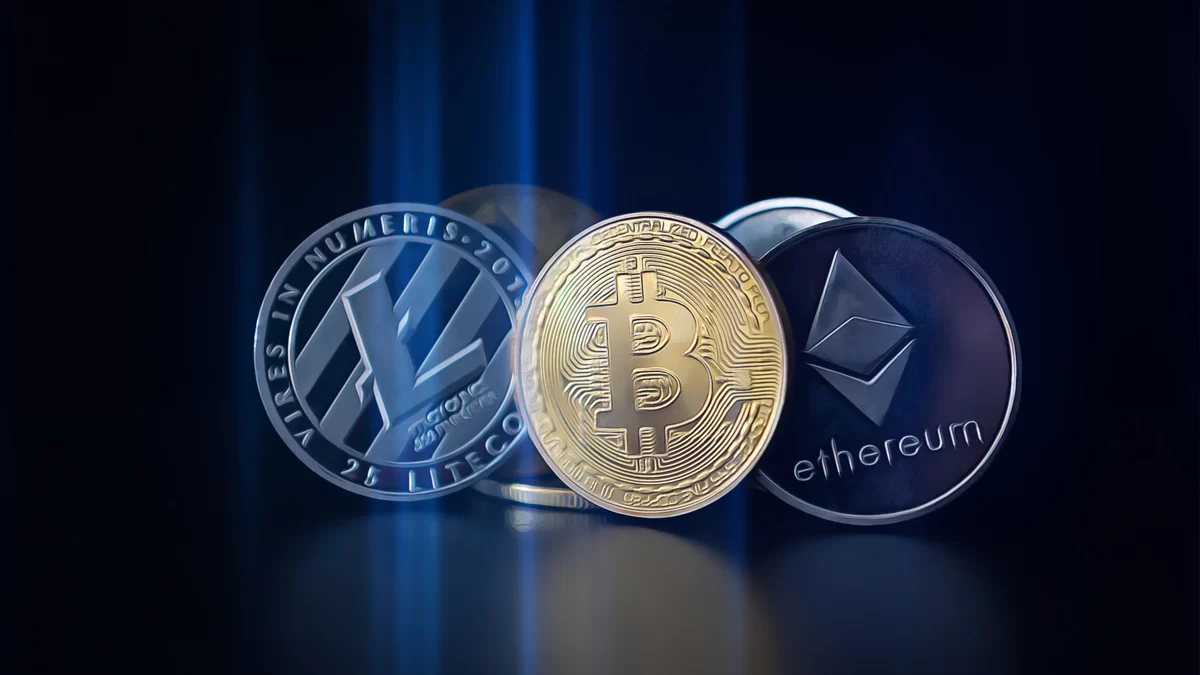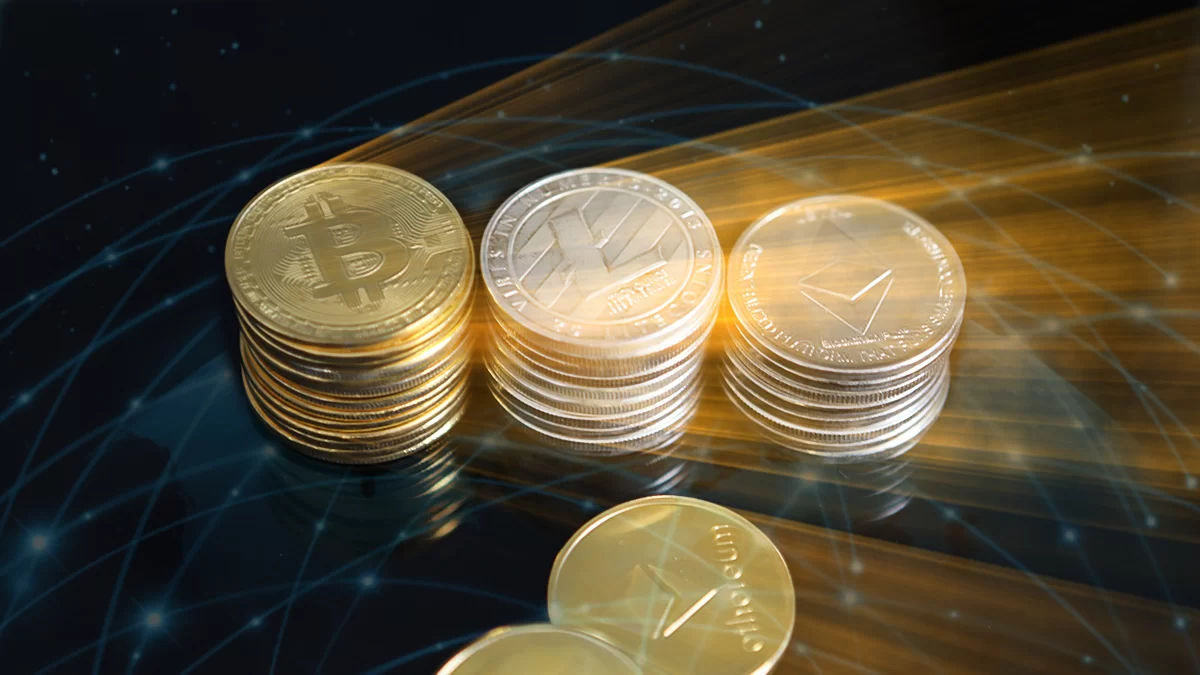Decentralized Exchange (DEX) refers to a type of cryptocurrency exchange that operates on a decentralized blockchain network instead of a centralized server. Unlike traditional exchanges where a central authority or organization is responsible for managing user accounts, holding user funds, and conducting transactions, a DEX enables users to trade cryptocurrencies directly with each other without the need for a central authority.
All transactions in a DEX take place on a blockchain network like Ethereum  $3,094, run by a network of computers worldwide. These transactions are conducted through self-executing codes or smart contracts that automatically execute a transaction when certain conditions are met. For instance, a smart contract can be programmed to execute a transaction when a buyer places an order to purchase a specific amount of a cryptocurrency at a particular price, and a seller enters an order to sell the cryptocurrency at the same price.
$3,094, run by a network of computers worldwide. These transactions are conducted through self-executing codes or smart contracts that automatically execute a transaction when certain conditions are met. For instance, a smart contract can be programmed to execute a transaction when a buyer places an order to purchase a specific amount of a cryptocurrency at a particular price, and a seller enters an order to sell the cryptocurrency at the same price.
What Are the Advantages of Decentralized Exchanges?
One of the main benefits of a DEX is that it provides users with more control over their funds and reduces the risk of hacking or other security breaches that may occur in centralized exchanges. Users have full control over their funds as they own their private keys, eliminating the risk of the central exchange being attacked and losing user funds. Another benefit of DEX is that it offers users more privacy and anonymity because they do not have to provide personal information to a central authority to use the exchange. This can be particularly important for users who are concerned about their personal information being exposed to hackers or government surveillance. Overall, a DEX can be a good option for users who value privacy, security, and control over their funds.
What Are the Differences Between Centralized and Decentralized Exchanges?
There are significant differences in the operations, security, and user experiences between centralized and decentralized exchanges. Here are the main differences between centralized and decentralized exchanges:
- Control: In a centralized exchange, a central authority or organization controls user funds and conducts transactions. In contrast, a decentralized exchange operates on a decentralized network, allowing users to control their funds and conduct transactions directly.
- Security: Centralized exchanges often become targets for hackers as they store a large amount of user funds in a central location. On the other hand, decentralized exchanges store user funds in smart contracts distributed across the network, making it much harder for hackers to steal funds.
- Fees: Centralized exchanges charge transaction fees for trading and withdrawing funds. Decentralized exchanges usually demand lower fees for transactions, but they may have higher gas fees due to blockchain network congestion.
- Liquidity: Centralized exchanges typically have higher trading volumes, meaning more liquidity for buyers and sellers. Decentralized exchanges may have less liquidity, making trading some cryptocurrencies more difficult.
- KYC: Centralized exchanges often perform a KYC (Know Your Customer) process to verify user identities and comply with legal requirements. Decentralized exchanges do not require users to complete the KYC process, providing more anonymity and privacy.
In summary, while centralized exchanges provide a user-friendly experience, high liquidity, and less anonymity, decentralized exchanges offer users more control, privacy, and security. Users should select the type of exchange that suits their trading priorities and risk tolerance.
Which Are The Decentralized Cryptocurrency Exchanges?
There are numerous decentralized exchanges in the market. One of them is the dYdX exchange. dYdX is a leading decentralized exchange with a mission to create open, secure, and robust financial products. When you reach the dYdX exchange via this link, you can benefit from a 5% discount on all transaction fees for life. After clicking on the link, you can start transactions immediately by connecting your Metamask wallet.
dYdX operates on audited smart contracts on Ethereum, which eliminates the need to trust a centralized exchange while trading. Currently, on dYdX, the trading of nearly 40 of the most popular cryptocurrencies such as BTC, ETH, SOL, MATIC, XLM, LINK, ATOM, and EOS with USDT can be done securely.
How to Install Metamask?
1- Install Metamask: To use Metamask, you first need to install the Metamask extension in your browser. Metamask can be used in popular browsers like Google Chrome, Firefox, Opera, and Brave.
2- Create your Metamask account: When you open Metamask, you will be asked to create an account. To create an account, set a password and then confirm your password. Metamask will generate your account’s private key and backup recovery phrases, and it is recommended to keep them in a safe place. The setup is that simple! You can then start making transactions.

On the main screen of Metamask, in the “My Assets” section, you can view the existing cryptocurrencies. To add a new cryptocurrency, click on the “Manage My Assets” option and then select the “Add” option. Enter its name, symbol, and address, and save it. You can then start making transactions securely by connecting to any decentralized exchange you wish. Metamask can be used on many Ethereum-based platforms. These platforms include DeFi protocols, ICOs, token and NFT sales, and other Ethereum-based applications.









